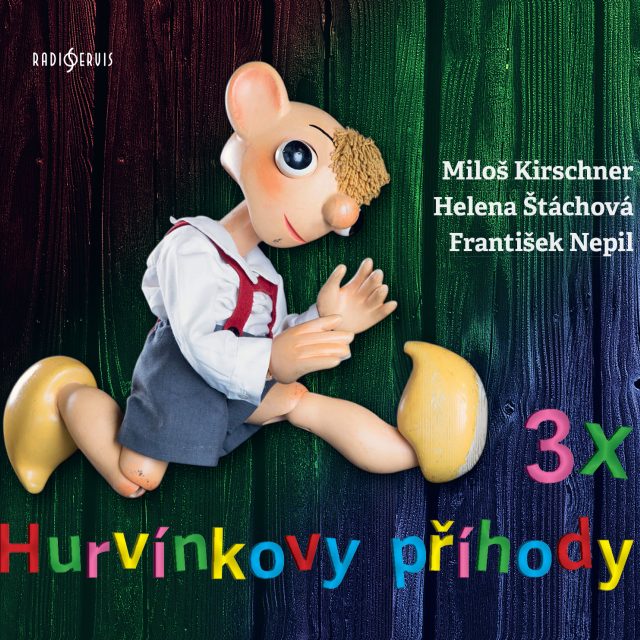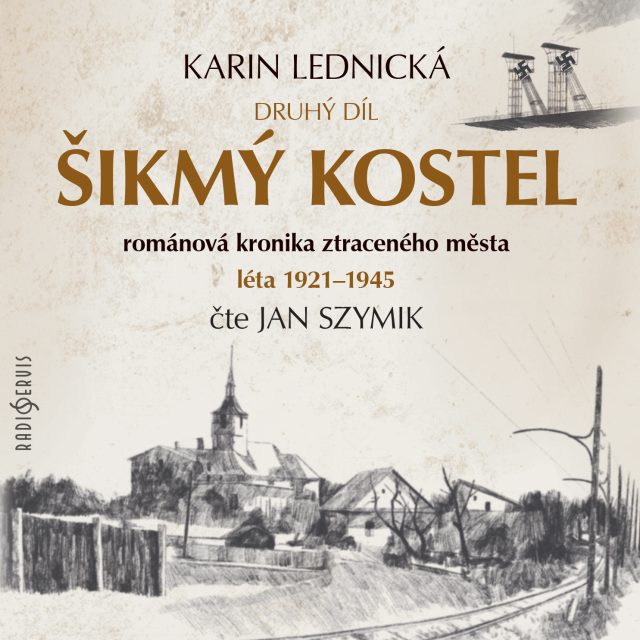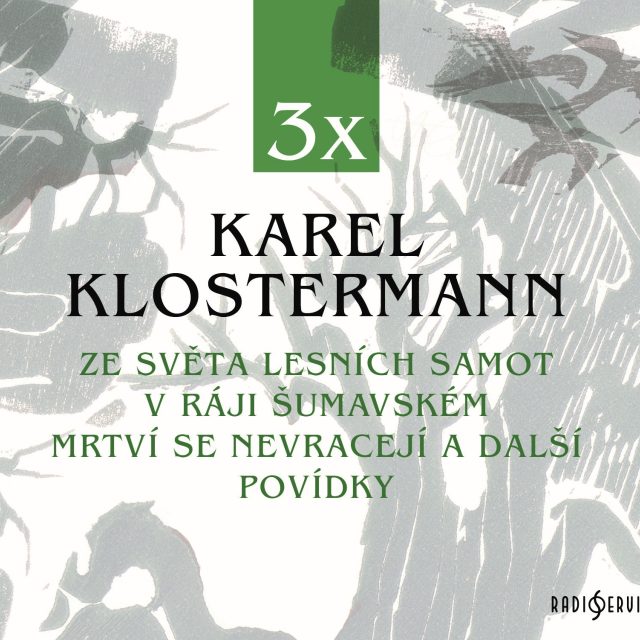Vilém Blodek
* 3 October 1834 Prague† 1 May 1874 Prague
Blodek represents a generation of composers whose works were in their time very popular and often performed; they were rather conservative, one might even say eclectic, and most importantly they remained overshadowed by the works of Bedřich Smetana.
Vilém Blodek (whose real name was Vilém František Plodek) was born in 1834 in Prague. At the age of twelve he began to attend the Prague Conservatory, where he studied composition with Jan Bedřich Kittl and flute with Antonín Eiser. Later he wrote a number of works for flute, the most important of these being the Concerto for Flute of 1862. Besides the flute, Vilém Blodek also studied piano privately, probably with Alexander Dreyschock. After graduating from the conservatory, he worked from 1853 to 1855 as a music teacher in Galicia in the family of a knight named Zielinski. Blodek′s Solemn Mass dates from that period. After his return to Prague he was active in giving concerts as a pianist and chorus master. From 1860 he taught flute at the Prague Conservatory.
Blodek’s first work was a Sextet for flute, two violins, oboe, horn and trombone in 1847. Of other works composed during his studies at the Prague Conservatory we might mention the German Choruses, his Grand Concert Overture and his first numbered opus, the Grand Solo for Flute with Piano Accompaniment in D major.
Dating from 1864, Blodek’s Music for Purkyně′s Tableaux vivants from the Works of William Shakespeare was composed for the Prague celebrations of the 300th anniversary of the famous dramatist’s birth. It is said that he would not sign his name to this work out of modesty.
Three years later, in 1867, he wrote his most famous work, one that is performed still today, the opera V studni (In the Well). The libretto for this little comic opera in one act, as the subtitle terms it, was written by Karel Sabina, one of Smetana’s librettists. The premiere took place in November 1867 in the Provisional Theater. The opera achieved a popularity equal to that of Smetana’s Bartered Bride. Indeed, it has thus far been performed in more than 160 different stage productions in the Czechlands alone! And it soon found its way onto foreign stages. It was even broadcast on radio in an Esperanto translation.
V studni was not Blodek’s first operatic work. Before that he had worked on an opera with a German libretto called Clarissa without, however, completing it. Another uncompleted opera, again on a libretto by Karel Sabina, was Zítek, which he worked on in 1868. Blodek set only the first and part of the second act of this three-act opera. The torso of the work was performed in the National Theater in 1934 as part of the festivities celebrating the 100th anniversary of Blodek’s birth.
Severe overwork and nervous strain led to Blodek’s suffering mental illness, for which in 1870 he was hospitalized in an insane asylum where four years later he died.
Blodek’s work is not extensive, and today it is virtually forgotten. The composer’s name lives on primarily because of his Concerto for Flute and his one-act opera V studni, kept alive by its relatively frequent staging by conservatories and amateur groups.
Author: Pavel Petráněk
E-shop Českého rozhlasu
Hurvínek? A od Nepila? Teda taťuldo, to zírám...
Jan Kovařík, moderátor Českého rozhlasu Dvojka


3 x Hurvínkovy příhody
„Raději malé uměníčko dobře, nežli velké špatně.“ Josef Skupa, zakladatel Divadla Spejbla a Hurvínka




